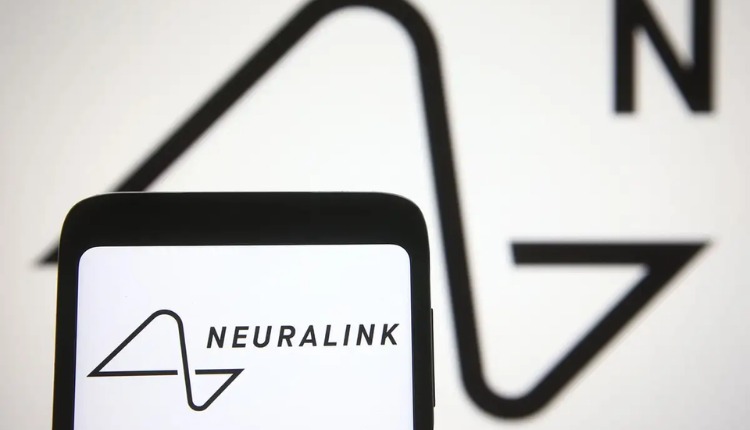Securing an additional $43 million in venture capital, Neuralink, Elon Musk’s brain-machine interface venture, has made headlines in a recent financial move. The successful funding round, as indicated by an SEC filing, builds upon its initial financing led by Peter Thiel’s Founders Fund. In a noteworthy expansion, the funding round increased from $280 million to $323 million in early August, drawing support from 32 participating investors.
The current valuation of Neuralink is undisclosed, but a June Reuters report estimated it at approximately $5 billion following private stock transactions. Since its founding in 2016, Neuralink has led in innovative technology, introducing a sewing machine-like device for implanting ultra-thin threads into the brain. These threads connect to a custom chip with electrodes, enabling neural information reading. Neuralink’s unique approach focuses on wireless connectivity and increased electrodes, marking a significant advancement in brain-signal-reading implants.
Commencing recruitment under an investigational device exemption, Neuralink achieved a milestone in May by securing FDA approval for human clinical trials, overcoming a previous rejection. However, the company is now under heightened scrutiny due to allegations of a toxic workplace culture and questionable research practices. Recent reports shed light on a challenging work environment, with Musk allegedly encouraging direct communication from junior employees, fostering what former employees describe as a “culture of blame and fear.” The departure of founding scientists underscores internal conflicts, reflecting a clash between expedited timelines and the gradual pace of scientific progress.
In 2022, Neuralink and its former research partner, UC Davis, were accused by the Physicians Committee for Responsible Medicine (PCRM) of mistreating monkeys during testing. The allegations included subjecting the animals to psychological distress and chronic infections due to surgeries. Reports indicated that testing procedures were expedited, potentially jeopardizing the well-being of the subjects. Subsequently, Neuralink underwent a federal investigation by the U.S. Department of Agriculture (USDA) regarding animal welfare violations. The investigation concluded with no evidence of breaches, except for a self-reported incident in 2019. However, the PCRM disputes these findings.
In a significant turn of events, U.S. lawmakers have recently urged the SEC to investigate Neuralink for allegedly omitting details about the deaths of at least a dozen animals involved in its implant trials. The company now finds itself at the intersection of financial success and ethical scrutiny, prompting a closer examination of its practices and operations.
For more news and updates, follow Markedium.










































Leave a comment